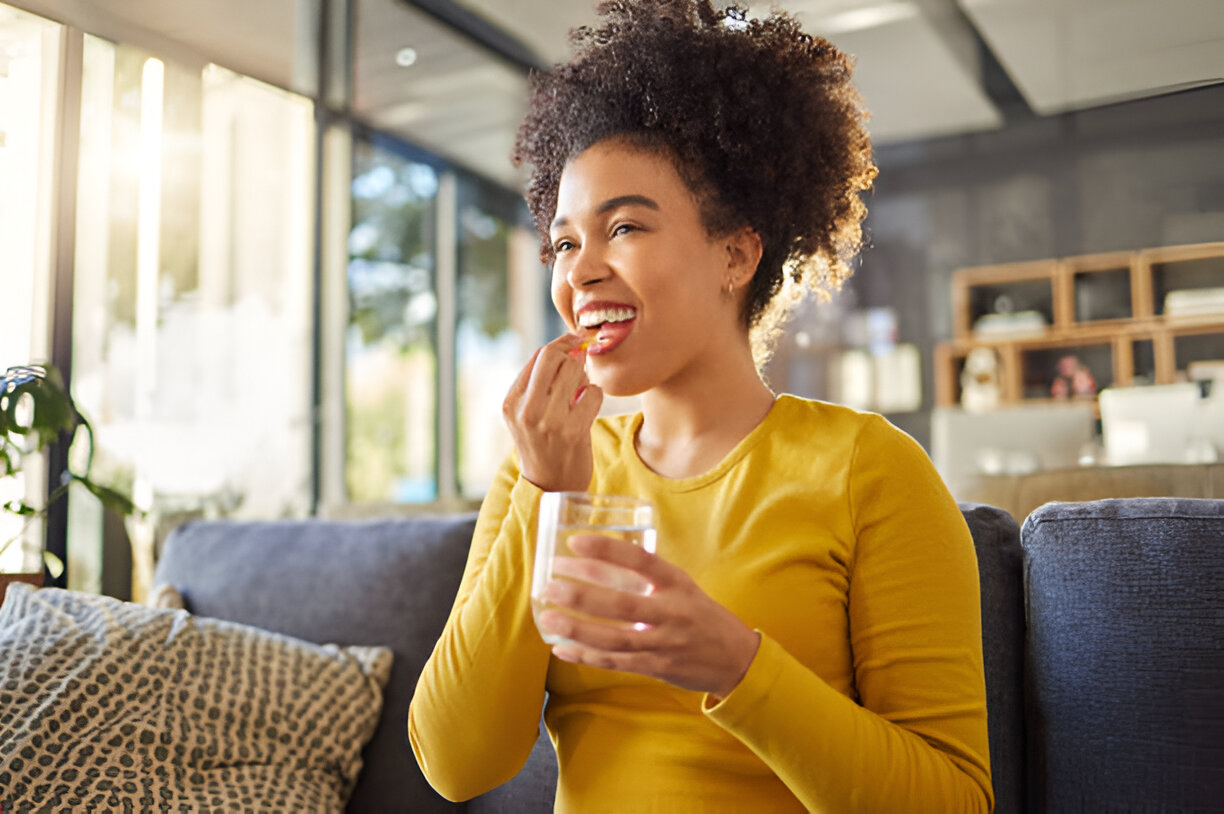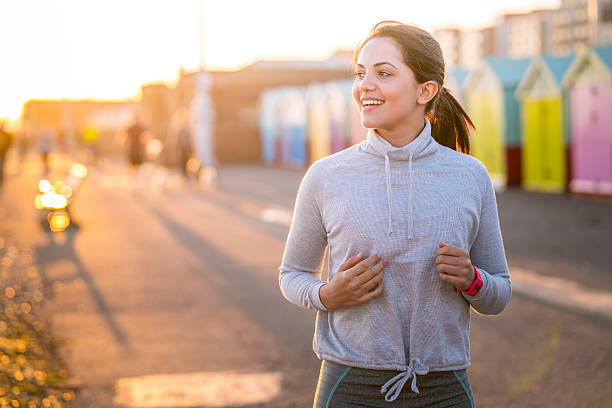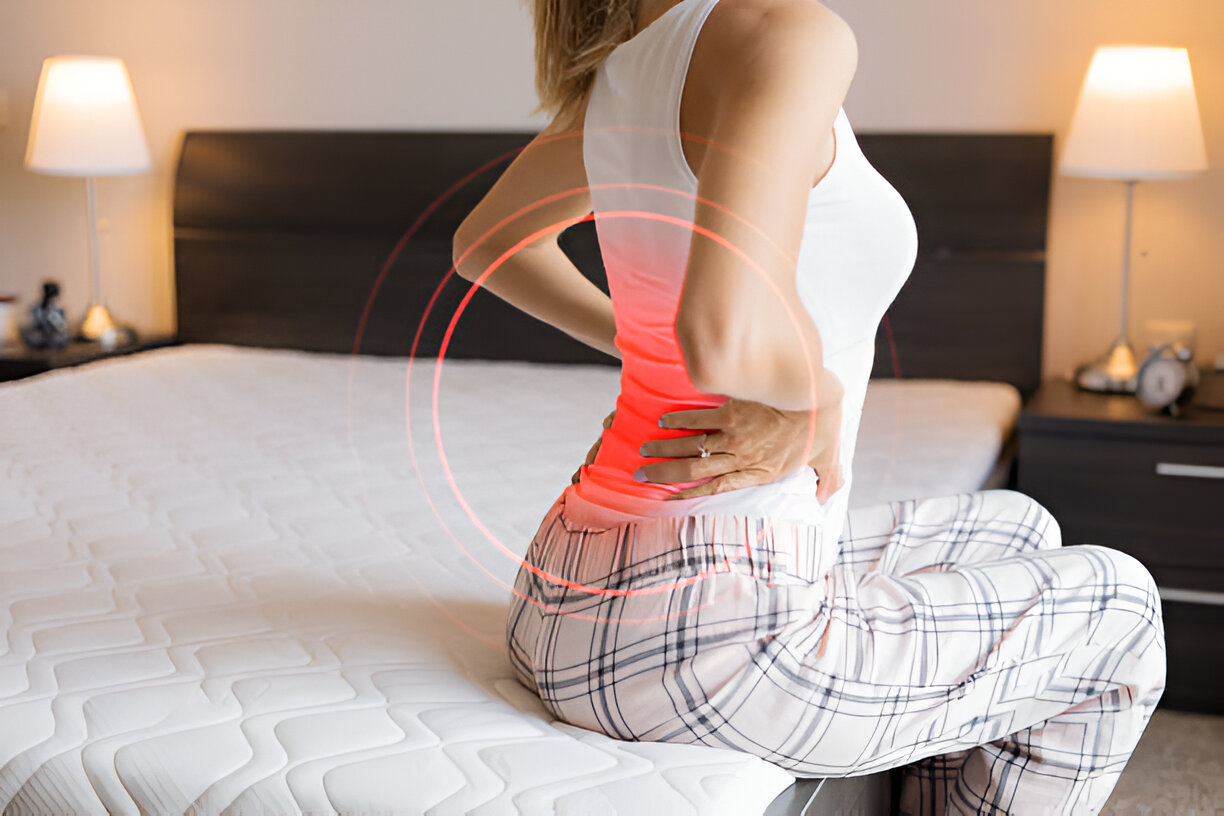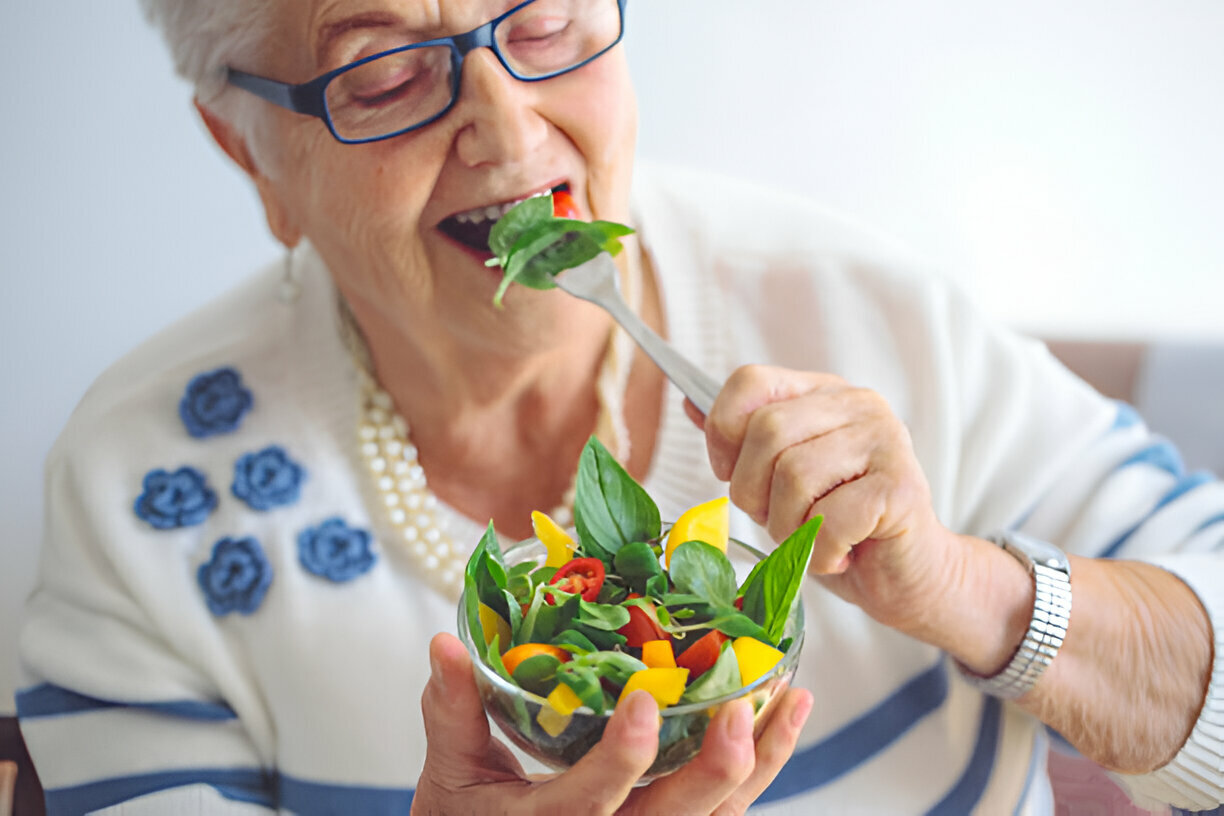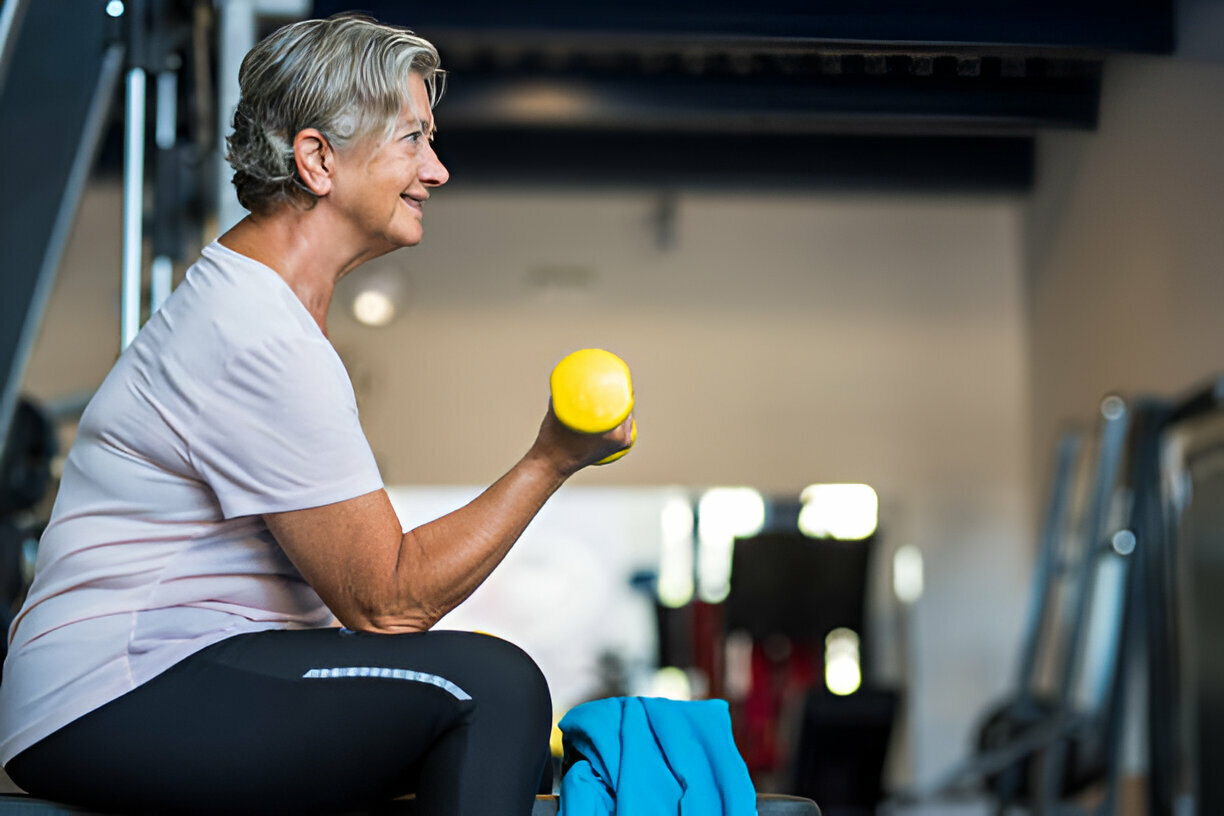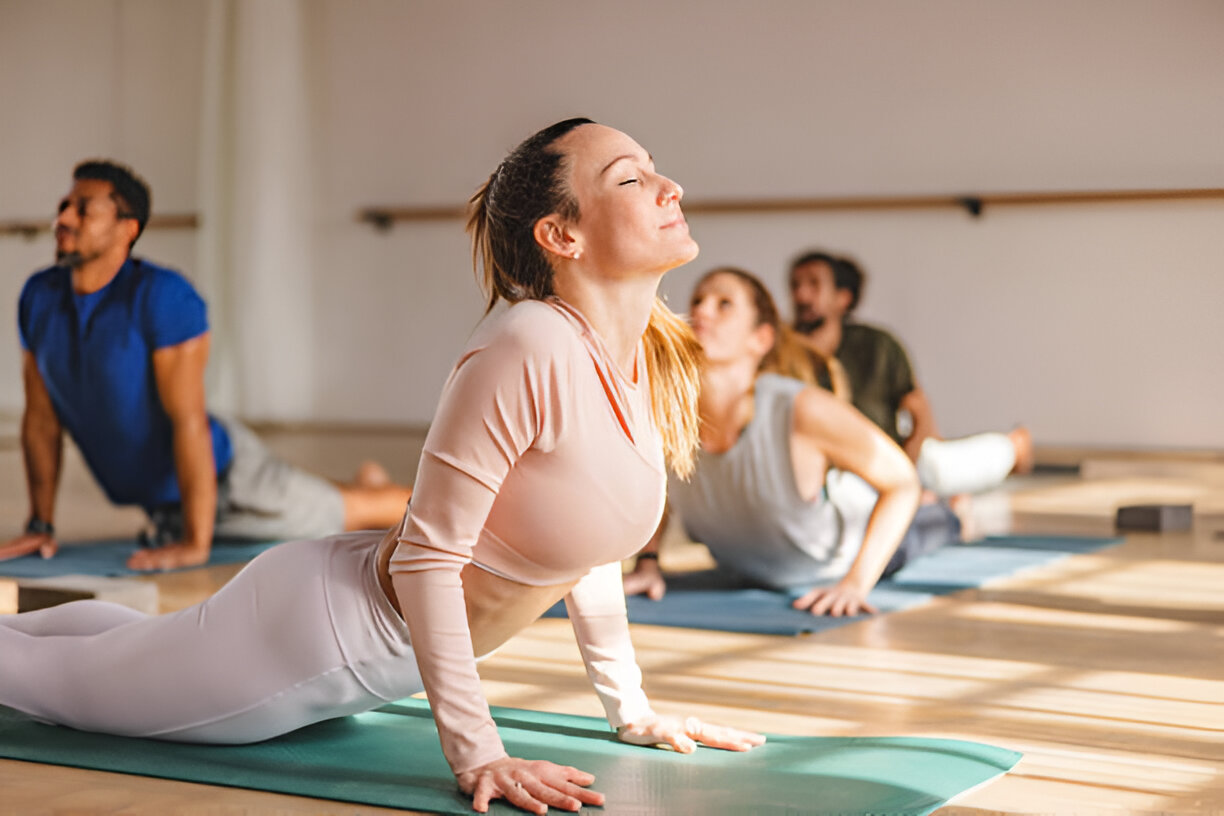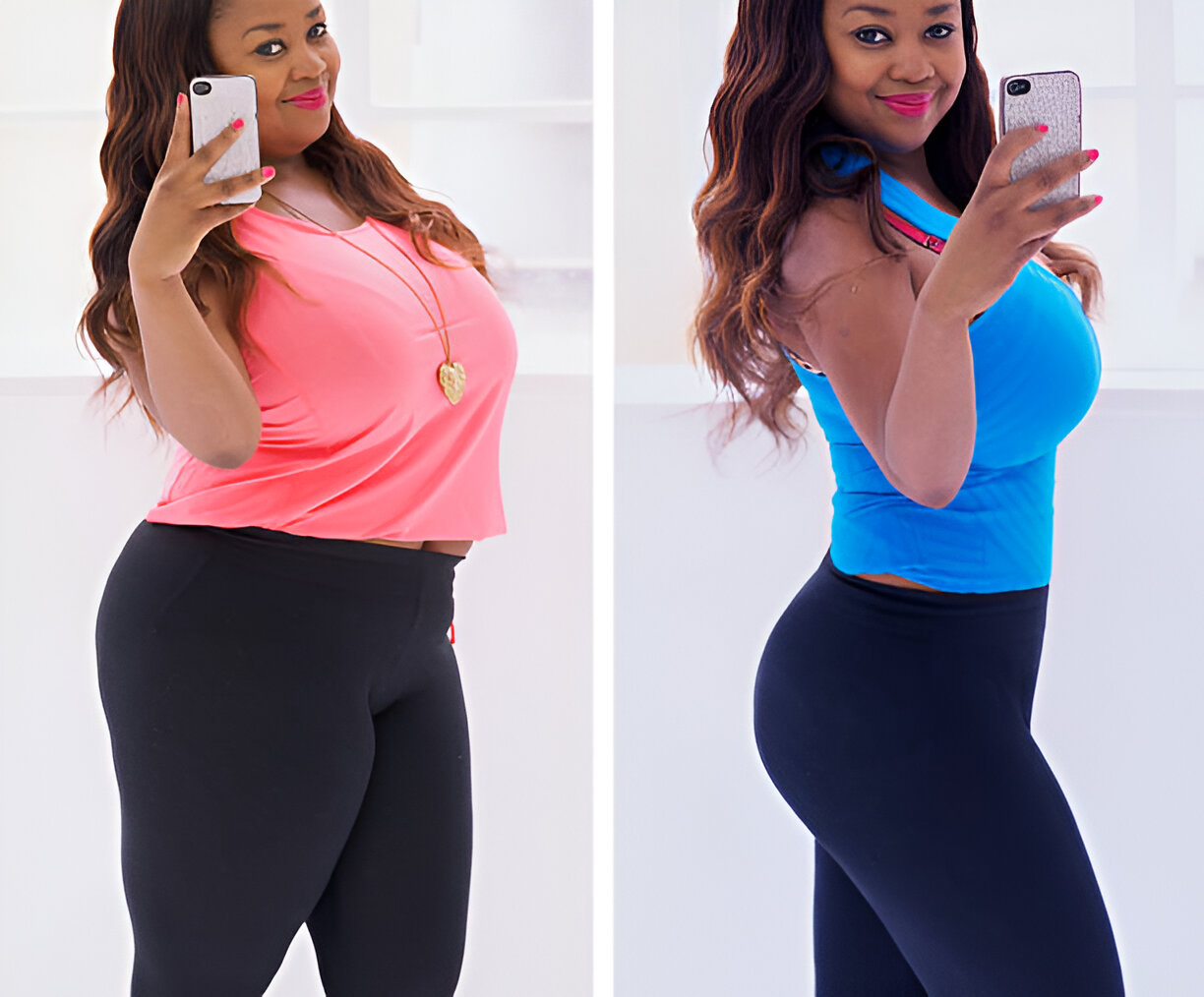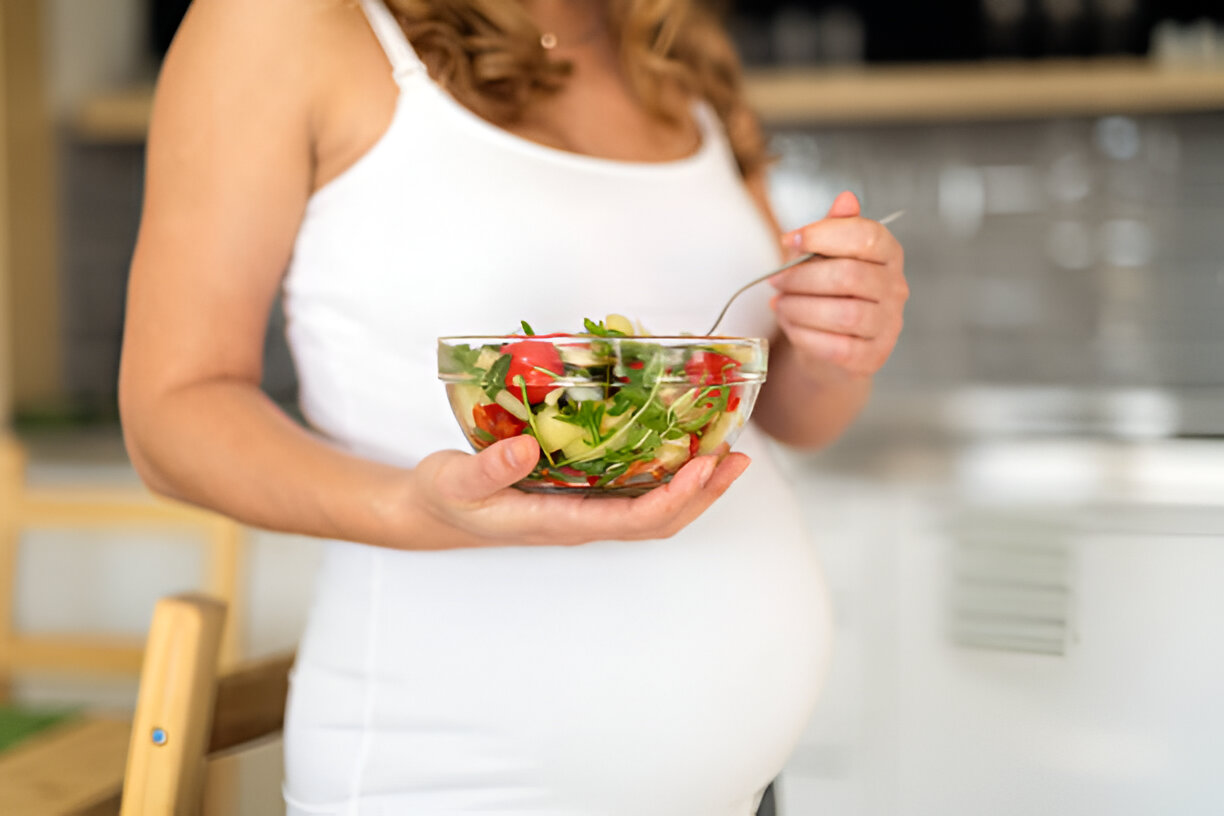Why Vitamin D3 is Important for Women Over 50
As women age, their bodies need more vitamin D3. This vitamin helps keep bones strong and prevents them from becoming weak and brittle. It also helps muscles work well and supports a healthy immune system.
The Recommended Daily Amount
Most doctors and health organizations recommend that women over 50 take 800 to 1,000 IU (International Units) of vitamin D3 daily. Some women may need up to 2,000 IU per day, especially if they:
- Don't get much sunlight
- Have darker skin
- Are overweight
- Have certain health conditions
Sources of Vitamin D3
You can get vitamin D3 from:
- Sunshine: Your skin makes vitamin D3 when exposed to sunlight
- Foods like:
- Fatty fish (salmon, tuna, mackerel)
- Egg yolks
- Fortified milk and dairy products
- Fortified orange juice
- Fortified cereals
- Supplements
Signs You Might Need More Vitamin D3
Your body might need more vitamin D3 if you:
- Feel tired often
- Have achy bones and muscles
- Get sick frequently
- Feel down or sad, especially in winter
- Have trouble walking or keeping your balance
When to Take Extra Vitamin D3
You might need more than the basic amount if you:
- Live in a place with little sunlight
- Stay indoors most of the time
- Always wear sunscreen when outside
- Have certain medical conditions
- Take medications that affect vitamin D absorption
- Have had weight loss surgery
Safety Tips for Taking Vitamin D3
- Talk to your doctor before starting supplements
- Get your vitamin D levels tested
- Don't take more than 4,000 IU per day unless your doctor says it's okay
- Take vitamin D3 with food that contains some fat to help your body absorb it better
- Be consistent - take it at the same time each day
Getting the Right Amount from Sunlight
To make vitamin D3 from sunlight:
- Spend 10-15 minutes in the sun a few times a week
- Expose your arms and legs when possible
- Go outside between 10 AM and 3 PM
- Remember that sunscreen blocks vitamin D production
- Be careful not to burn
Storing and Taking Vitamin D3 Supplements
To get the most from your supplements:
- Keep them in a cool, dry place
- Check the expiration date
- Take them with a meal containing fat
- Choose a high-quality brand
- Consider taking them in the morning
Working with Your Doctor
Your doctor can help by:
- Testing your vitamin D levels
- Recommending the right amount for you
- Checking if your other medications affect vitamin D
- Monitoring your progress
- Adjusting your dose as needed
Common Mistakes to Avoid
Don't make these common mistakes:
- Taking too much vitamin D3
- Not taking it regularly
- Taking it on an empty stomach
- Not getting your levels checked
- Ignoring symptoms of low vitamin D
Special Considerations for Women Over 50
As you age, you need to think about:
- Bone health and osteoporosis prevention
- Muscle strength and balance
- Immune system support
- Heart health
- Overall well-being
When to Be Extra Careful
Be careful with vitamin D3 if you:
- Have kidney problems
- Take certain medications
- Have specific medical conditions
- Are allergic to any supplement ingredients
Signs You're Getting Too Much
Watch for signs of too much vitamin D3:
- Nausea
- Confusion
- Weakness
- Frequent urination
- Kidney problems If you notice these signs, talk to your doctor.
Tips for Success
To make sure you're getting enough vitamin D3:
- Set a daily reminder
- Keep supplements where you'll see them
- Make it part of your morning routine
- Eat vitamin D-rich foods regularly
- Get some sunlight when possible
The Bottom Line
Most women over 50 need between 800 and 1,000 IU of vitamin D3 daily. Some may need up to 2,000 IU. The best approach is to:
- Talk to your doctor
- Get your levels tested
- Take the recommended amount
- Eat vitamin D-rich foods
- Get some sunlight when possible
- Monitor how you feel
- Have regular check-ups
When to Call Your Doctor
Contact your doctor if you:
- Feel unusual symptoms
- Are concerned about your vitamin D levels
- Notice changes in your health
- Have questions about supplements
- Want to change your dose
Remember, getting the right amount of vitamin D3 is important for your health, but everyone's needs are different. Work with your doctor to find the right amount for you.
Latest Blog
Burn Belly Fat with Ancient Natural Drink
Everyone talks about Apple cider vinegar, green tea and lemon water for fat loss. I tried all of them, but they didn't seem to help much with my fat loss, instead i tried this ancient drink, which is made with simple seeds, that change everything for me. My digestion improved, my bloating went away and the biggest thing my stubborn belly fat, improved in just 7 days. The most interesting part is that, this recipe was given a long time ago by m...
How To Treat And Prevent Ingrown Hairs
Ingrown hairs are a common skin issue faced by men and women worldwide. Whether caused by shaving, waxing, or other hair removal methods, ingrown hairs can be uncomfortable, unsightly and sometimes painful. They often appear as small red bumps, resembling pimples, and occur when hair curls back into the skin, instead of growing outward. They can lead to irritation, redness, inflammation and even infections. Common areas include the face, legs,...
Best Foods To Eat During Lack of Sleep
We all have been there – those nights, when you barely get 4 hours of sleep and still need to push through the next day. Whether it’s due to work, studies, travel or person commitments, lack of sleep can leave you feeling drained, fog and less energized. While nothing replaces a good quality sleep, best foods and drinks can help you power through the upcoming day, improve focus, boost energy and helps to recover from the sleep depriv...

